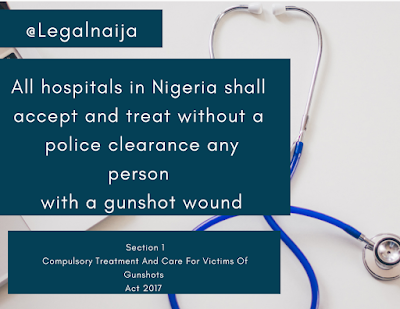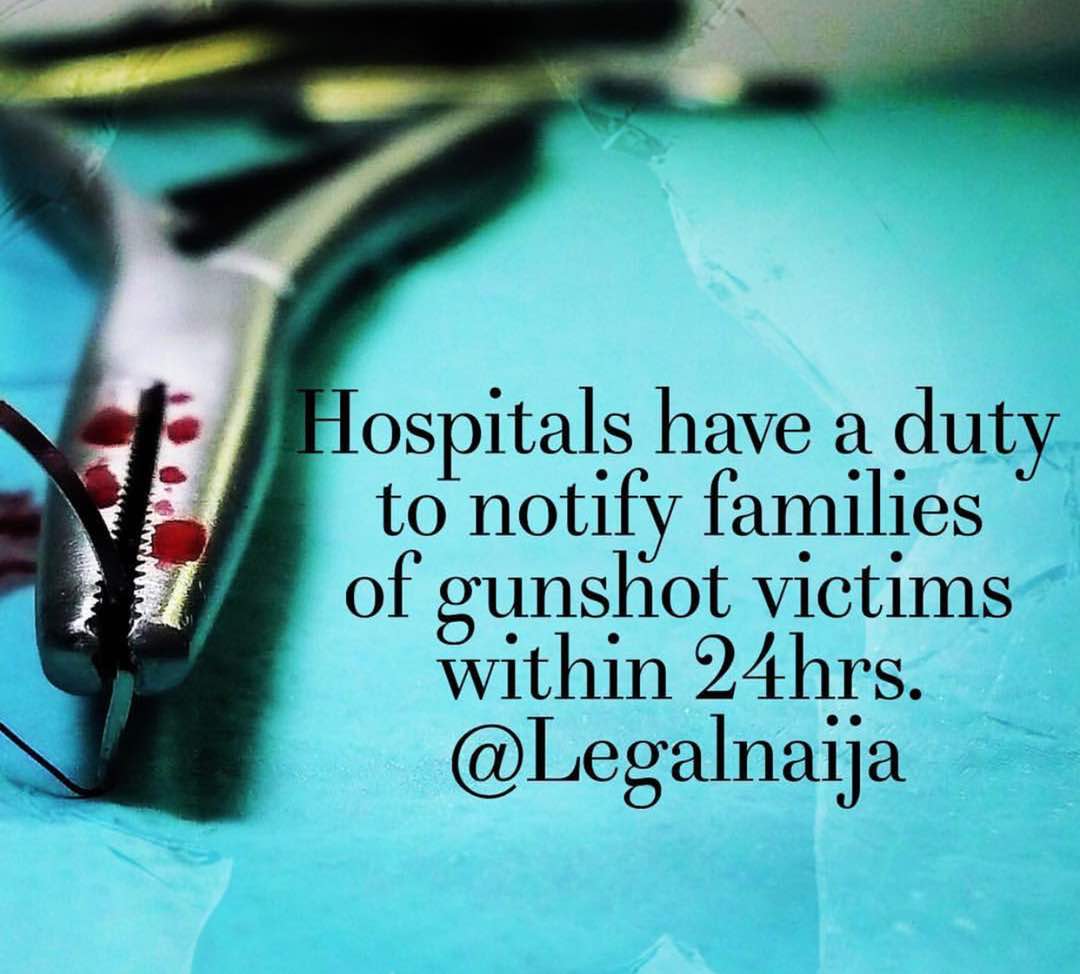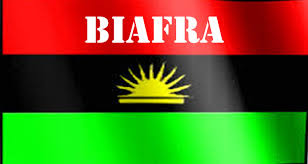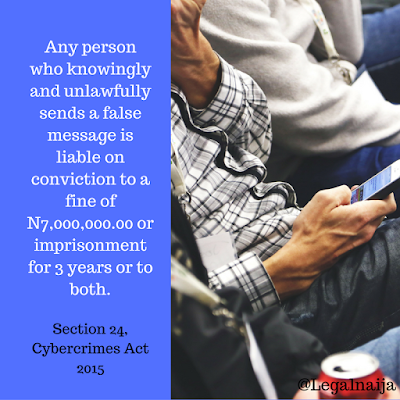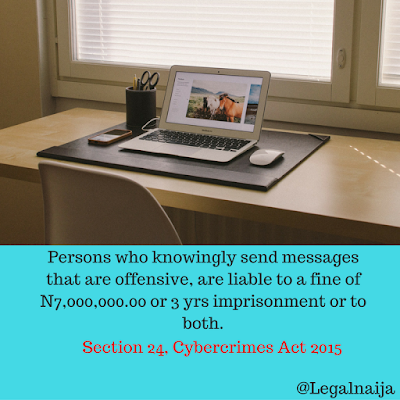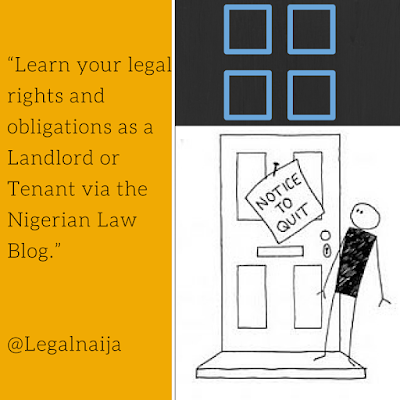Abstract
The recent heightened clamour for self-determination in various quarters
of southeastern Nigeria – a geographical location largely made up of the Igbo
people, has awakened the keen interest of many people around the world. Various
secessionist leaders calling for the recognition of the sovereign state of
Biafra have been incarcerated by the Nigerian Federal Government on many
occasions while a few others are standing criminal trial for offences like
sedition, treason and other treasonable felonies. It is therefore imperative
for one to look into this agitation for self-determination and decipher if
indeed such right exist in favour of the secessionists, whether this right is
recognized by international law and if there are conditions precedent to the
enjoyment of this right. This paper focuses on the international law framework
guaranteeing the right to self-determination vis-a-vis the Igbo nation of
Biafra; and also proffers probable solutions/recommendations for continued
co-existence.
1.
INTRODUCTION
The Right to
self-determination is a right that inures to every group/people as their innate
human right and does not come through negotiations. Just as there is no
condition precedent for the enjoyment of any human right across the world,
except the fact that a person is ‘Human’, same is the case with the Right of a
People to Self-determination. A proper understanding of the right to
self-determination under International Law will afford every nation seeking to
secede, without any doubt, a guide in achieving state status in a manner
acceptable to the international community.
The discussions in
this paper will be divided into four parts. Part One is the Introduction. Part
Two will provide a historical background of the struggle for self-determination
by the Biafra nation. Part Three will attempt to summarize all the relevant
international laws bothering on self-determination citing examples of some
states that actualized an independent sovereign state status in recent times.
This paper concludes with Part Four wherein the writers reemphasize the right
of every people including the Igbo race to self-determination under
International Law, and also spells out certain pragmatic recommendations for
continued co-existence.
2.
HISTORICAL BACKGROUND OF THE STRUGGLE TO
SELF-DETERMINATION BY THE BIAFRAN NATION.
The Oxford Dictionary
of Law defines “self-determination” as:
“the right of a people living within a
non-self-governing territory to choose for themselves the political and legal
status of that territory. They may choose independence and the formation of a
separate state, integration into another state, or association with an
independent state, with autonomy in internal affairs”.
Various reasons can
account for the desire by an indigenous people to crave for autonomy and an
independent state status. Some of these reasons include perceived religious
bias by an extant government, ethnic domination, patent cultural differences,
injustice and marginalization, among other reasons.
The struggle for
self-determination by the Igbo race can be traced as far back as 1914 when the
then British government forcefully merged the Northern and Southern
Protectorates of Nigeria. This merger was to facilitate a functional political
and economic control over the Nigerian people.
The systems of
government that existed in the two protectorates differed significantly, more
so, the cultures and religions of those regions were extremely dissimilar. The
incongruity of the two regions immediately began to manifest in religious
clashes, election riots, persecution of Igbo traders in Northern Nigeria among
other injustices all culminating in the Nigerian Civil War, alternatively
referred to as the Biafran War, which lasted from July 6, 1967 to January 15,
1970.
Today, many years
after the civil war has ended, evidence of marginalization of south-eastern
Nigeria still exists in the form of bad road networks across the region, the
dilapidated River Niger Bridge at Onitsha, Anambra State, outrageous ethnic
inequality in the employment of persons to the federal civil service, general
exclusion in federal projects among other social, economic and political
inequalities.
The aforementioned
social, economic and political inequalities have resulted in the formation of
many indigenous organizations aimed at voicing out the grievances of the Igbo
nation. Most notable among these organizations include the Movement for the
Actualization of the Sovereign State of Biafra (MASSOB) and the Indigenous
People of Biafra (IPOB). There have also been reports of various groups of
people protesting against these perceived injustices in various ways including
organized marches, comments and write-ups on the social media, tyre burnings, stoning
of Federal Government officials, destruction of Federal Government buildings
and bombing of oil pipelines in south-eastern Nigeria.
3.
THE
INTERNATIONAL LAW RIGHT TO SELF-DETERMINATION
The United Nations
(UN) charter states that the purposes of the UN is:
“To develop friendly relations among nations based on
respect for the principle of equal rights and self-determination of
people, and to take other appropriate measures to strengthen universal peace.”(emphasis
mine)
The United Nation
Organization which is the primary body of UN countries in the international
community clearly recognizes this right to self-determination in its Charter. As
such, no group of persons ought to be compelled by any constituted authority to
remain in a country they have no love, regard and respect for.
Furthermore, the twin
1966 Covenants i.e. the International Covenant on Civil and Political Right
(ICCPR) and the International Covenant on Economic, Social and Cultural Rights
(ICESCR) which, unlike the UDHR, are binding covenants on all member states
(Nigeria inclusive). These Covenants enshrined a people’s inalienable Right to
self-determination in the following Clear and repetitive terms.
They both provide:
“all people have the right to
self-determination by virtue of that right they freely determine their
political status and freely pursue their economic, social and cultural
development”.
It is instructive to
note that the right of self-determination is considered so elementary that it
is a rule of customary international law, at least in its application to
colonial territories.
The United Nations
Declaration on the Right of Indigenous People (UNDRIP) was adopted by the
United Nations General Assembly on 13th September, 2007.
Inasmuch as a
Declaration is not binding in International Law, the UNDRIP goes a long way in
expressing the status of the international community vis-à-vis the right to
self-determination.
South Sudan gained
independence from Sudan in 2011, Pakistan seceded from the British Indian
Empire, Kosovo declared independence on February 17, 2008 among numerous other
active separationist movements in the world i.e. the various secessions from
Old Soviet Union, the separation of the old State Union of Serbia and
Montenegro, the division and fusion of Germany (West and East Germany), old
Czechoslovakia, the Austro-Hungarian Empire etc.
4.
CONCLUSION
It is indubitable that
International Law recognizes the right to self-determination. The clamour by
the Igbo race of south-eastern Nigeria for an independent state status is
therefore one in consonance with the provisions of International Law. The right
to self-determination is at the core of International Human Rights Law because
it is a pre-condition for the enjoyment of other human rights, and no other
human right can be enjoyed without it. The Right to self-determination should
therefore not be disregarded by an extant government or cowered by threats of
aggression, but the various grievances should be addressed and possibly a referendum
conducted like in the popular and recent Catalonia’s case which has been
scheduled for the 1st of October, 2017, this latter date was even
after a failed referendum on “Self-Determination” in 2014.
RECOMMENDATIONS
In recent times,
asides the people of Biafra, there have been various clamours for
self-determination by various secessionist groups across Nigeria i.e. RONDEL in
the Niger/Delta, Arewa youths in the North, the Oduduwa people in the South
West, the people of the Middle-Belt etc.
Although it has been
established and emphasized herein that no unwilling group can be compelled to
remain in a union they do not want to be a part of. However, if these groups
are willing to remain together as a whole, then the situation calls for a
gathering of all of them or their representatives to discuss their existence.
The best option to sustain the existence of Nigeria is Confederalism,
wherein every geo-political zone will be totally independent, uniting under an
umbrella called Nigeria. i.e. the European Union.
However, where a
Confederal system of government fails, a very palatable option to sustain the
existence of Nigeria and to alleviate these clamours for self-determination by
the various constituent nations will be the recent call for the restructuring
of the current political system, which has of late been at the forefront of
every National discourse in the country. Simply put, a call mainly for Resource
Control and autonomy.
It is not a fact to be
ashamed of, that we are different people, with different religions and cultural
complexities. In fact, admitting these very intrinsic differences go a long way
in solving our biggest and recurring problems as a country. Our strength lies
in our Diversity, and it is in our best interest to be united than divided.
According to our Former President Goodluck Jonathan, we will be more recognized
in the International Sphere as a whole than in parts. We are called the Giant
of Africa and derive a lot of benefits from same, not only because of our
wealth, but majorly because we consist of One-Quarter of the entire black
population.
The recent call for
restructuring of the current political system is a call for true federalism
along the lines of all the geo-political zones in Nigeria, wherein these
geo-political zones will be the federating states (entirely controlling their
resources), since they are largely made up people with similar cultures,
religion and identity.
The current Nigerian
purported federal structure is not a federal system of government in a real
sense, but rather a Unitary System of Government disguised as a federal system
of Government. The entire resources are forced out of the Niger-Delta and
shared amongst all the states, without the receiving states having any
contribution to the commonwealth. This is a very inequitable structure which
can never bring about our development, but will only encourage the harbouring
of spite and anarchy, like every other unjust system. A typical example of a
true Federal structure is what is obtainable in the United States of America.
Other countries which have devolved powers from the centre i.e. China, Japan,
India etc., have also experienced rapid growth.
Our National problems
are largely structural rather than peripheral. The current system and its
national-cake syndrome has inspired a spate of unpatriotism and apathy towards
nationhood, and can be linked to every challenge that the Country is now
facing. It has also succeeded in breeding strong men rather than strong
institutions. This explains why we have corruption problems that cannot be
checked or controlled, unending inter-tribal and communal conflicts, unending
issues of insurgency and militancy, different/divergent counterproductive
governance systems i.e. unitary, federal, sharia, customary etc. It only took
the fall in oil prices for us to discover that we were actually living/sitting
on a ticking time-bomb.
THE NEED TO
RESTRUCTURE OF OUR CURRENT POLITICAL SYSTEM – A CALL FOR TRUE FEDERALISM
·
The need for every people to grow at their pace without suffering
limitations from the other.
A true federal system
will allow each of the federating states to grow at their pace and choose their
individual political systems/form of internal governance or government to
achieve such growth and still remain a part of the same country. i.e. there is
no reason why a Sharia System should be imposed on all Nigerians whereas
arguably over half of the entire population consists of Christians (every
region should be allowed to choose what works for it). Although the centre may
still retain certain powers i.e. Defence and currency etc, virtually most of
the exclusive powers of the Centre ought to be devolved to the federating
states i.e. structuring of political and legal systems, aviation, creation of
Local Government to suit needs etc. With all these measures, the issue of
power/energy generation that has been a perpetual problem of Nigeria will be a
thing of the past i.e. there is no sense in a person in Lagos State for
example, generating electricity to be channelled to the National grid to be
transmitted to all Nigerians without considering the power needs of people in
Lagos. It is a very unaccountable and repressive system. There is an old Igbo
saying that ‘a dog that is owned by everyone is often killed by hunger”. That is
simply the situation of our Power Sector. A person in Lagos should be allowed
to Generate as much electricity to suit his needs.
·
Issue of Corruption and Accountability
Allowing these
federating states to develop, control and explore their resources for their own
development will give them a sense of entitlement to the workings of their
government and will bring the government closer to the people. i.e. someone in
the Niger/Delta will not need to travel all the way to Abuja in order to
regulate activities of oil companies mining its resources. Virtually all
clamour for good governance and accountability will be at the Regional level,
since all the region control its resources. When this is the case,
accountability sets in, corruption will become a thing of the past, more
credible candidates start contesting elections etc. this will also help
unburden the centre in order to channel its attention to face real national
issues. A 70-30% sharing formula between the Federating States and the Centre
respectively is very fair.
Also, a true federal
system is the best way to make the centre accountable. This is because every
public official at the centre will have the duty of explaining to each of the
regions what our commonwealth is being used for. Since all the regions will now
generate their resources and contribute a percentage to the centre, issues of
embezzlement of large chunks of money at the centre will not go unexplained and
unpunished. This is because a person involved in such act will have the
invidious task of explaining to every Nigerian, and not only the Niger-Deltans,
as to why he should go unpunished; it becomes truly a crime against the Federal
Republic of Nigeria.
Healthy Competition
Amongst Federating States And Issue Of Security
The current political
structure encourages laziness. If true federalism is practised in Nigeria,
virtually half of the present states in Nigeria have a capability of even being
more developed (all-round) than the centre. Since states will develop at their
pace, developing/progressive states will serve as an example to others. Every
state for example would love its territory to be a destination for investors.
Issues concerned with ignorant leaders, insurgency, indiscriminate killings and
other odious issues which have the capability of isolating a people from the
comity of nations will be a thing of the past. The over-dependence on oil is
very over-rated, every state in Nigeria has the resources to sustain it. Texas
is the oil-producing hub of the United States and yet it is not the richest
state in the US.
Not to mention that
every state in Nigeria is gifted with at least one natural resource, which can
at least sustain it before it can find other ways to increase its Internally
Generated Revenue (IGR).
Issue Of Diversifying
Our Economy And Unemployment
The current clamour by
the present administration to diversify the economy will never come to fruition
under the current structure, and any success at diversifying the economy will
be at best minimal. We run a system where our Governors sit every month
expecting allocations and security votes from the Centre without any
proportionate reciprocal contribution. Bearing in mind how selfish most of our
politicians are, once they get these funds, they can care less about the people.
If true Federalism is practised, states will be forced to generate their own
resources for their sustenance. Since their existence will now lie in their
hands, diversifying the economy, unemployment issues, failure to pay salaries
will be the least of our worries.
Photo Credit – www.pointblanknews.com
Article 1(1) of
the I.C.C.P.R 1966 and Article 1(1) of the I.C.E.S.C.R 1966.
B.B.O. Enabulele,
International Law (Lagos: AMBIK
PRESS, 2006) p.211.



